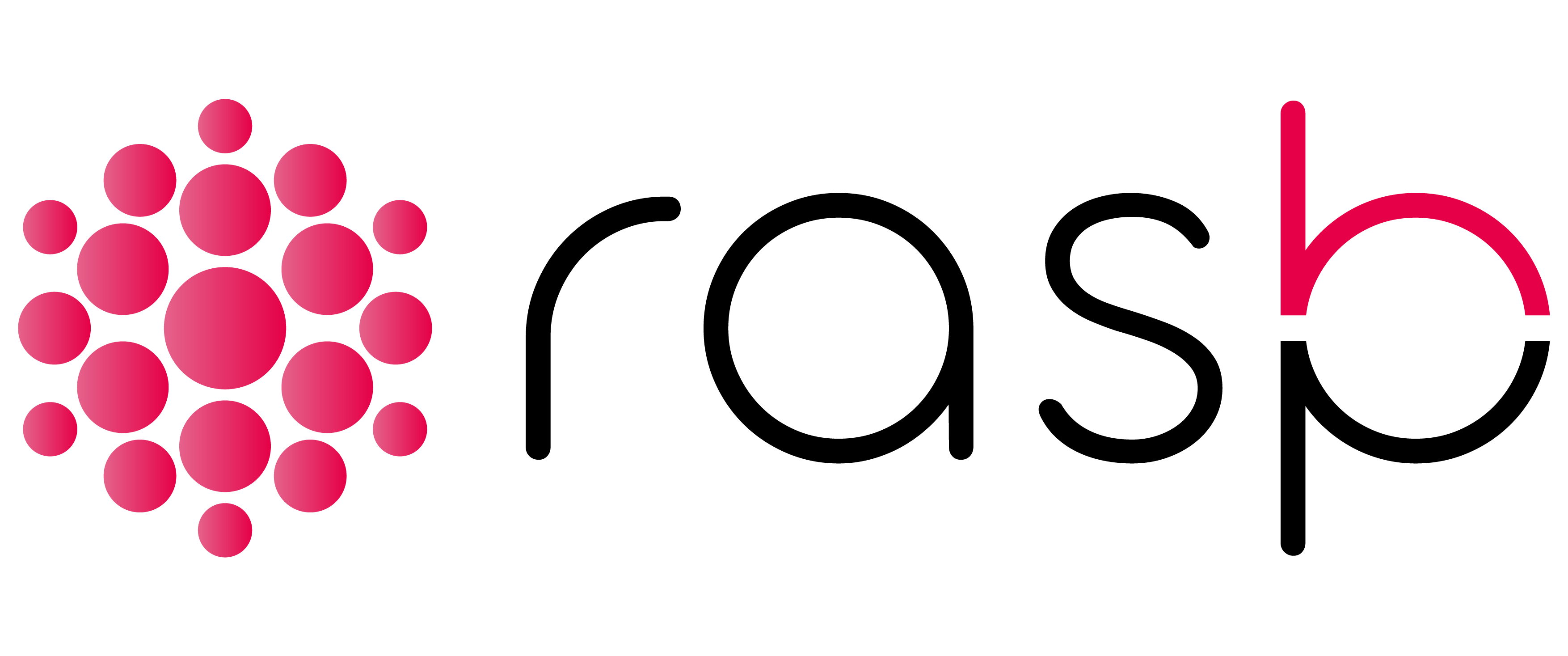The European Innovation Council (EIC) Accelerator is a cornerstone of the EU’s commitment to fostering innovation and supporting startups and Small- and Medium-Sized Enterprises (SMEs) in bringing groundbreaking ideas to market. With the introduction of the EIC 2024 Work Programme, significant updates have been made to streamline processes and clarify the rules surrounding the submission and resubmission of proposals. This article aims to elucidate the new submission limits, offering a clear guide for entities aiming to secure funding through this competitive programme.
Simplified Submission Rules
The EIC 2024 Work Programme has introduced a more straightforward approach to the submission of proposals, addressing feedback and aiming to make the funding process more accessible. From the start of 2024, entities are allowed to submit up to three unsuccessful applications across any stage of the process and for any form of support. This includes:
- Short proposals
- Full proposals
- Challenge-specific calls
- Open calls
- Grant only
- Blended finance (combinations of grant and equity)
- Equity only
This simplification means that applicants have three chances to secure funding, regardless of the stage or type of support applied for, before being precluded from further submissions under Horizon Europe’s EIC Accelerator.
Resubmission After Rejection
A noteworthy aspect of the new rules is the provision for resubmission following a rejection at the full proposal stage. Applicants who do not succeed at this stage are permitted to resubmit their proposal directly to the full proposal stage, bypassing the short proposal phase, provided they have not reached their three-application limit. However, direct resubmission to the interview phase is not allowed under any circumstances.
Practical Examples
To offer clarity, the Work Programme outlines several scenarios:
- After one rejection at the full proposal stage (whether during the remote evaluation or the interview), an entity may submit two more full proposals.
- Following two rejections at the interview stage, an entity is still eligible to submit a full proposal and could potentially be invited for a third interview.
- If an entity has been rejected once at either the full proposal or interview stage and once at the short proposal stage, they are entitled to one more submission at the full proposal stage.
It’s important to note that the counter for unsuccessful applications resets to zero on 1 January 2024. This reset offers a fresh start for entities that may have previously reached their submission limit, providing new opportunities for funding under the Horizon Europe framework.
Implications for Applicants
These updated rules aim to balance the EIC Accelerator’s competitive nature with the need for flexibility and multiple opportunities for funding. Applicants should strategically plan their submissions, taking into account the feedback received from previous applications to strengthen their proposals. Engaging with professional writers, consultants, or leveraging the EIC Accelerator’s official proposal template can enhance the quality of submissions.
Furthermore, applicants should remain mindful of the submission cap, prioritizing the refinement and improvement of their proposals with each attempt. The opportunity to resubmit directly to the full proposal stage after rejection is a significant advantage, allowing entities to address feedback and improve their applications without starting from scratch.
Conclusion
The EIC 2024 Work Programme’s simplified rules on submission and resubmission signify a positive step towards making EU funding more accessible to innovative enterprises. By understanding these regulations and strategically planning their applications, startups and SMEs can maximize their chances of securing the vital support needed to bring their innovations to the European and global markets.
The articles found on Rasph.com reflect the opinions of Rasph or its respective authors and in no way reflect opinions held by the European Commission (EC) or the European Innovation Council (EIC). The provided information aims to share perspectives that are valuable and can potentially inform applicants regarding grant funding schemes such as the EIC Accelerator, EIC Pathfinder, EIC Transition or related programs such as Innovate UK in the United Kingdom or the Small Business Innovation and Research grant (SBIR) in the United States.
The articles can also be a useful resource for other consultancies in the grant space as well as professional grant writers who are hired as freelancers or are part of a Small and Medium-sized Enterprise (SME). The EIC Accelerator is part of Horizon Europe (2021-2027) which has recently replaced the previous framework program Horizon 2020.
This article was written by ChatEIC. ChatEIC is an EIC Accelerator assistant that can advise on the writing of proposals, discuss current trends and create insightful articles on a variety of topics. The articles written by ChatEIC can contain inaccurate or outdated information.
Are you interested in hiring a writer to apply for grants in the EU?
Please feel free to reach out here: Contact
Are you looking for a training program to learn how to apply for the EIC Accelerator?
Find it here: Training

